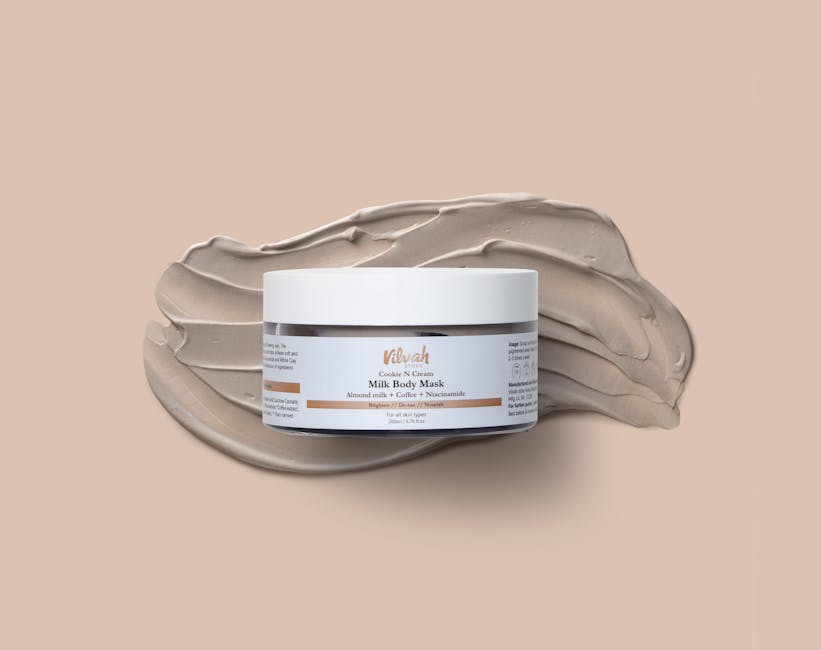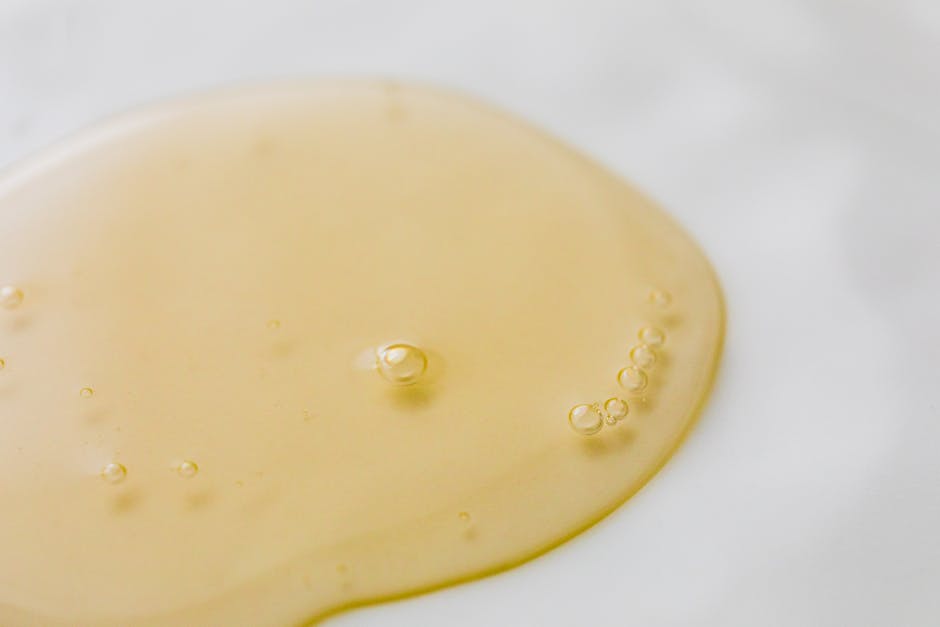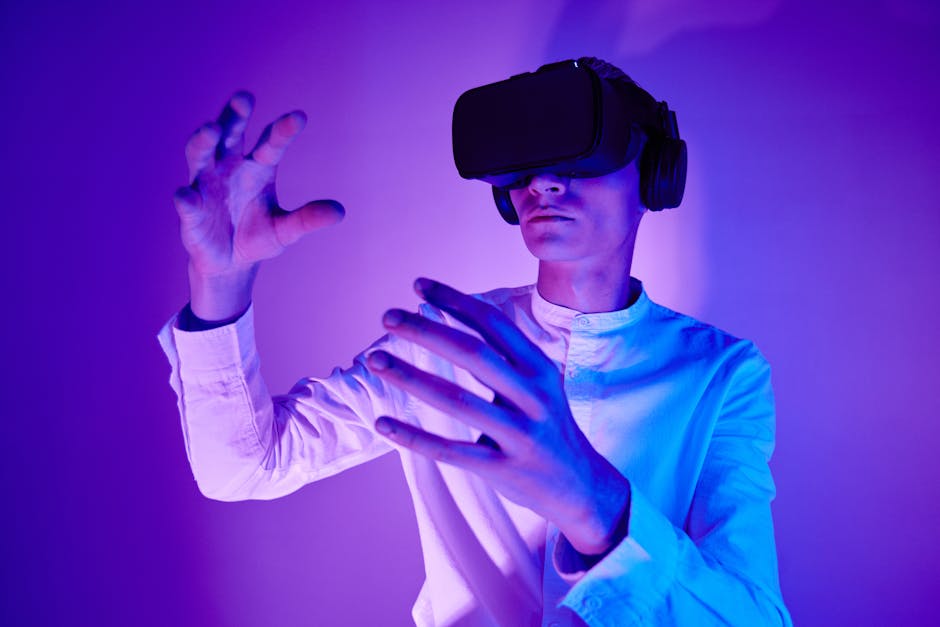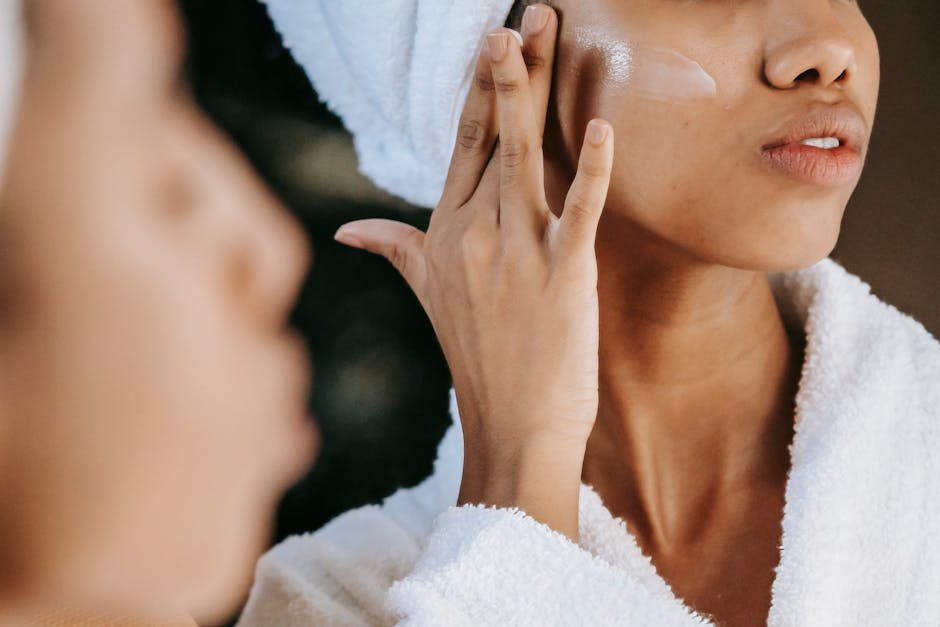Introduction
Artificial Intelligence (AI) skincare apps, quite the buzzwords, huh? But it’s not all smoke and mirrors – these tech-advanced tools are real and they’re transforming the face of personal care. If we break it down, AI skincare apps are these groovy mobile applications that use advanced technology to analyse your skin, know what it needs and recommend products and routines that best fit your unique profile. Now isn’t that cool?
It’s all part of a bigger narrative, where technology meets beauty, and bells and whistles ignite. It’s the modern day renaissance where the digital world is weaving its magic into something as surface level (quite literally) as skincare. From mundane, one-size-fits-all recommendations, the world of beauty care is being turned upside down by personalized services, all thanks to the tenacity of technology. In the middle of this whirlwind transformation, we’re just getting that glow-up, and trust me, it’s lit.
Ready to hop on this digital skincare train?
Next, we’ll dive a bit deeper, and take a look at how technology is giving the skincare industry a fab makeover. We’ll also dive into the significant roles AI plays in shaping the new-wave skincare trends. So, strap-up for the ride!

The Revolution of Skincare through Technology
Technology, in recent years, has poured into just about every sector of our lives, infiltrating even the most private spaces and personal routines. One arena where this trend is palpable is the skincare industry. Gone are the days of playing Russian roulette with drugstore creams and toners, hoping they’ll be the magic potion for clear, glowing skin. Welcome to the era of tech-enabled, AI-driven skincare.
Artificial Intelligence (AI) is revolutionizing our skincare practices – pushing past the boundaries of conventional, one-size-fits-all product selections. It’s the same powerful technology that powers self-driving cars and voice assistants like Alexa, but in this context, shaping the personal care trends in a more intimate way.
How is AI doing this exactly? It’s shifting the narrative from general skincare to hyper-personalized skincare solutions, recognizing that everyone has unique skincare needs. It leverages machine learning algorithms to study skin types, problems, and offer customized recommendations. As a result, you get a skincare regimen which is inherently tailored to you.
From analyzing countless selfies to determine your skin type to identifying under-eye circles and blemishes, AI is playing a pivotal role in steering the skincare industry to a digital transformation. In what feels like a therapeutic session with a dermatologist, AI is making skincare more accessible, more personal, and far more efficient.
Unarguably, the involvement of AI in the skincare industry signifies a radical shift in how we care for our skin. It’s not just about purchasing a product anymore; it’s about understanding your skin’s unique needs, and addressing them strategically using technology, redefining the mantra of beauty and self-care.

Personalized Skincare Algorithms
In an era where one-size-fits-all is becoming outdated, personalization is taking center stage. There’s a growing use of AI technology feeding into the demand for customization, especially in the skincare sector.
AI and Customization in Skincare
AI, or artificial intelligence, is spearheading this trend of personalization. Through advanced algorithms, AI can understand the specifics of individual skin types and offer customized solutions.
How AI Algorithms Work in Skincare
The functionality of AI in skincare involves analyzing various data points and then offering tailored solutions. Here’s how it works:
-
Data Collection: AI algorithms first analyze various data points about your skin, such as dryness level, pore size, wrinkle visibility, and presence of acne or dark spots. This is achieved either through user input or more accurately, through images.
-
Data Analysis: This data is then compared with an extensive database, compiled from various skin studies and research. The algorithm identifies patterns, similarities, and anomalies.
-
Issue Identification: Based on the analysis, the AI identifies your skin issues and classifies your skin type – be it oily, dry, combination, sensitive, or normal.
-
Personalized Routine Creation: What makes this technology a game-changer is that it doesn’t stop at identification. It curates a skincare routine just for you, complete with product recommendations that cater best to your skin type and problems.
The Benefits of AI-Powered Skincare Solutions
AI-powered skincare solutions emphasize precision and adaptability. They consider the dynamic nature of skin, observe reactions to different products and environments, and refine recommendations over time.
Conclusion
With AI’s help, choosing the right skincare products from the market’s vast selection has never been simpler. These personalized approaches enhance the fun, simplicity, and effectiveness of skincare routines, highlighting the importance of customized skincare solutions. As AI continues to understand and cater to one’s unique skincare journey, we can anticipate a revolutionary shift in the beauty industry.

AI Skincare Apps – The Game Changer
In the fresh and evolving landscape of today’s skincare, AI skincare apps have undoubtedly emerged as a game changer, shifting the paradigms of traditional routines. But how do they work, really?
AI skincare apps function through complex algorithms to analyze the user’s skin. This begins by a user snapping a close-up selfie in well-lit conditions. The AI then pores (pun intended) over this image, examining the quality of the skin in extraordinary detail. It deciphers various aspects such as skin type, tone, pores, wrinkles, spots, and other specific problems. This extensive skin assessment, done in a matter of seconds, empowers the AI to generate a custom-tailored skincare regimen.
Through AI skincare apps, users can conveniently keep track of their skin’s condition without setting foot in a dermatologist’s office. Ever had a pesky pimple pop up on the day of an important event? These apps can suggest immediate and suitable solutions based on the skin’s current state, effectively serving as a portable, on-demand dermatologist.
But it’s not just about problem-solving; it’s also about prevention. Regular use of these apps allows AI-powered tracking of your skin’s changes over time, helping to pin-point potential issues before they escalate.
The transformative impact of AI skincare apps extends beyond their tech-savviness. They deliver a degree of personalization and convenience historically unmatched by traditional skincare routes. Where once consumers were at the mercy of generic skin product claims, we can now fully own our skincare regimen, guided by personalized, data-backed recommendations delivered instantly through our smartphones.
Simpler, smart skincare is literally at our fingertips. AI skincare apps are indeed revolutionizing the way we think about beauty regimes, flipping the skincare industry on its head, one app at a time. This powerful technology encourages us to anticipate a future where skincare is as unique as the skin we live in.

Reviews on Popular AI-Powered Skincare Apps
The emergent market of AI-powered skincare apps offers a range of options for beauty-forward tech enthusiasts. Here’s a brief review of some apps that have significantly influenced the skincare industry.
Proven
First on the list is ‘Proven’. This app uses AI to analyze a customer’s skin and lifestyle factors to provide personalized product recommendations. The app’s extensive database, “The Skin Genome Project”, holds information about thousands of skincare ingredients and user skin profiles. As a result, its recommendations have a high degree of sophistication. However, its higher price may be a limitation for some users.
My Skin Track UV
Next is ‘My Skin Track UV’ by La Roche-Posay. This well-known skincare brand has elevated skincare AI by developing an app that pairs with a wearable sensor. The sensor monitors environmental factors affecting your skin, such as UV levels, pollution, temperature, and humidity. The app then advises users on protective measures, a unique feature not often found in other apps. Note that the accurate operation of this app requires the purchase of the additional sensor.
YouCam Makeup
‘YouCam Makeup’ allows users not only to try out makeup virtually but also to track skin health over time using the ‘Skin Diary’ feature. With its engaging interface and features, this app adds a fun twist to skincare. However, its focus can sometimes be more about aesthetic grooming than addressing skincare issues.
SkinVision
‘SkinVision’ deserves a special mention. This app prioritizes the early detection of threatening skin conditions like melanoma. Still, it’s crucial to remember that it should not replace an actual dermatologist’s visit.
In conclusion, each AI skincare app introduces its unique set of features. They aim at better understanding our skin and providing comprehensive solutions. Users need to identify which features align with their skincare needs the best. This intersection of technology and personalized preferences is revolutionizing skincare in the digital age like never before.

The Advantages of AI Skincare Apps
In the dynamic world of skincare, the arrival of artificial intelligence (AI) has introduced several significant benefits. AI skincare apps are becoming increasingly popular, thanks to their impressive practical benefits. Let’s delve into these advantages, specifically focusing on cost-effectiveness, personalization, and user-friendliness.
Cost-effectiveness of AI Skincare Apps
AI skincare apps offer an incredibly cost-effective solution. They reduce the need for frequent visits to skincare clinics, thereby saving both time and money. Many of these apps are either free or require a small subscription fee, yet they provide insights that can rival or surpass that of expensive consultations. Plus, being able to consistently monitor your skin’s progress is akin to having a personal dermatologist at your fingertips.
Personalized Skincare Recommendations
Personalization is another huge selling point of AI skincare apps. Each person’s skin is unique, and generic skincare products or routines often fall short. AI apps solve this problem by identifying your specific skin type and associated issues, either through image analysis or smart questioning. Based on this information, they provide custom skincare routines tailored to your needs. It’s like having a personal skincare consultant available around the clock.
User-friendly Interface
Finally, AI skincare apps are designed for simplicity and ease of use. there’s no need to be tech-savvy to navigate through these apps. They prioritise user accessibility and convenience. Moreover, the comfort of receiving skincare advice without leaving your home cannot be discounted.
Conclusion
In conclusion, AI skincare apps are revolutionizing the way we care for our skin. They not only leverage advanced technology but are also committed to catering to individual skincare needs in an affordable and user-friendly manner. This game-changing approach to beauty is definitely worth discussing!

The Potential Downside and Challenges
As transformative and innovative as AI skincare apps may be, it is crucial to also address the potential downsides and challenges posed by this booming industry. While these applications promise customized skincare regimes and analyze your skin with a simple selfie, a few obstacles may need to be tackled before this technology becomes bulletproof.
One pressing concern is data privacy. In an age where digital privacy is highly valued, the concept of providing applications with personal skin information may be daunting to some users. After all, the apps need access to users’ photos and personal details such as age, lifestyle, and skin conditions to make their recommendations. While most companies employ stringent data protection measures, privacy is still a much-discussed topic in terms of these apps.
Another possible pitfall lies in the accuracy of the apps’ recommendations. AI is undoubtedly a magnificent piece of technology, but can it truly replace the personalized advice from a trained dermatologist? The technology assesses photos taken under conditions that could vary greatly: different lights, angles, and more can affect the analysis, leading to potential inaccuracies. At this phase, while AI skincare apps can provide impressive insights, they should serve as an advisory tool rather than a certified dermatologist’s replacement.
Moreover, the effectiveness of the AI depends on the data sets used to train it; if it has only ever ‘seen’ limited or biased examples of skin types, conditions, or coloration, its judgments — and thus recommendations — are skewed. Therefore, the robustness and diversity of the data sets used for machine learning significantly impact the apps’ effectiveness.
In summary, while AI skincare apps are indeed groundbreaking, the challenges associated with data privacy, recommendations’ accuracy, and the scope of AI’s learning underline the importance of cautious and informed use. Users should strike a balance between leveraging AI’s convenience and understanding its current limitations.

The Future of AI in Skincare
As we journey toward the future, the bright prospects of AI in skincare manifests. Pairing artificial intelligence with cosmetic care has sparked a revolution, set to redefine the face of the beauty industry.
The Promise of Personalization
The constant evolution of today’s technology signals that AI holds significant promise in perfecting personalized skincare. We’re just at the threshold of pushing boundaries in AI skincare applications. The sophistication and precision we’re witnessing are only previews of what’s yet to come. Algorithms are swiftly learning to better understand our skin with minute details, setting them for more accurate customized skincare routines.
Revolutionizing Beauty Retail Experiences
AI in skincare will transform the ways users interact with beauty brands. The rise of smart mirrors and AI-enabled beauty tools signifies a future where in-store beauty consultations will be augmented by AI, offering real-time, hyper-customized product recommendations. Imagine entering a beauty store, being scanned by a smart mirror, receiving a custom skin analysis, and exiting with products specifically tailored to your unique skin needs, all within moments.
Integration with AR and VR Technologies
AI has the potential to intersect with other immersive technologies like AR and VR, further altering the beauty consumer experience. Picture trying different skincare regimes virtually, assessing the results right on your skin through augmented reality, and identifying your perfect fit before making a purchase.
Disruptive Changes in Skincare R&D
AI is projected to bring disruptive changes into skincare research and development. Machine learning models could potentially analyze thousands of skin types and conditions, accelerating the creation of new skincare products that accurately target specific skin concerns.
Balancing Personalization with Privacy
As we delve deeper into the junction of AI and skincare, creators, regulators, and users must ensure a balance between personalization and privacy. The industry faces the challenge of designing systems that respect user privacy and data security while offering tailored care—an area crucial to navigate in the ‘AIcare’ future.
In essence, the future might render today’s skincare practices antiquated. The beauty landscape is in for radical changes as AI technology continues to surge forward. The day might not be too far when your skincare routine is curated by an ultra-intelligent AI, guiding you to your most radiant skin.

Conclusion
Just as we weave together the end threads of a finely crafted tapestry, let’s recap our journey mapping the revolution of technology in skincare and the pivotal role of Artificial Intelligence. The beauty industry saw a breathtaking shift, providing us with the stellar AI skincare apps, rendering convention obsolete and introducing the era of digitized beauty advice.
These smart little apps, with their advanced algorithms and data processing capabilities, have become indispensable tools for skincare enthusiasts and experts alike. They crawled into our daily routines, discretely analyzing our skin types, spotting problems, and presenting us with personalized solutions. Move over, one-size-fits-all skincare routines; there’s a new player in the town – the power of personalization.
From their easy-to-use interfaces to their potential for cost-effectiveness, these AI skincare apps reshaped the way we approach skincare. They represent, you’ll agree, a revolutionary merger of beauty and technology, redefining the boundaries of what’s possible.
But it’s not just about here and now. As we tap on our devices, consulting them for skincare advice, the echo reverberates into the future of beauty and skincare industry. With a significant potential still untapped, the expanding realms of AI in skincare present a thrilling frontier.
Yet, as trailblazing as it might be, the path ahead isn’t without challenges. The pursuit of accurately personalized skincare recommendations needs to go hand in hand with the equally significant quest for upholding users’ data privacy. It’s nothing less than a balancing act, with both the stakes and expectations high.
But even the slightest shadow can’t dim the bright future of AI in the beauty industry. It’s full steam ahead for this tech-powered revolution, promising a future where digital consultations might hold as much sway as the advice from your trusted skin specialist. And as we continue to explore this brave new world, rest assured AI skincare apps will be our steadfast guides, forever changing the face of our beauty rituals.
